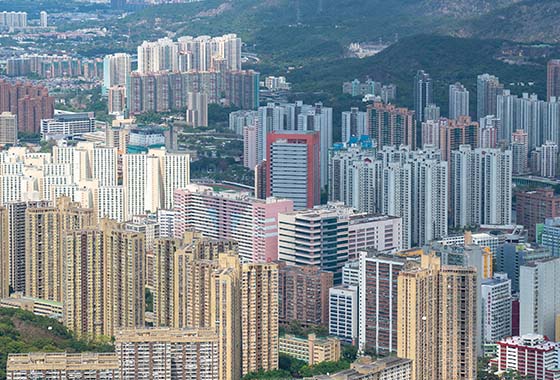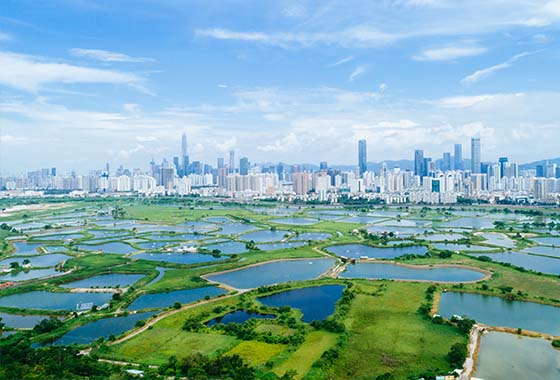Singapore shows up the ills of Hong Kong’s haphazard land planning
This article appeared originally in the South China Morning Post on 26 September, 2019.
Authors: Ryan Ip, Head of Land and Housing Research, and Oscar Yang, Assistant Researcher at Our Hong Kong Foundation

Singapore is often compared to Hong Kong, but with one big difference. Despite its small size, the Lion City is renowned for its comprehensive housing system. How did Singapore do it? At the invitation of Singapore’s Urban Redevelopment Authority (URA), our recent visit to the Lion City shed some light on how Hong Kong can better tackle its housing problem.
In Singapore, we visited the draft master plan exhibition and also met officials to better understand the city state’s planning policies. It is clear that they have a set of forward-looking policies that prepare the country for the future, something we should also be doing.
Singapore’s town planning process is the responsibility of the URA, which is similar to Hong Kong’s expanded Planning Department. Singapore’s long-term planning strategy is the Concept Plan, a development vision for the country for the next 40-50 years. Next, through the Master Plan, the ideas are implemented at a regional level. The Master Plan is a statutory land use blueprint guiding development for the next 10-15 years, reviewed every five years. It also includes the designated use and plot ratio of each piece of land, similar to Hong Kong’s Outline Zoning Plan.
At the preliminary stages of the planning, the URA collects data from relevant departments to estimate future land demand. It also coordinates with its Economic Development Board to supply adequate land for future economic and industrial development. In turn, it is able to determine future plans for land development.
.jpeg)
In contrast, Hong Kong does not have regular reviews of its forecast land demand; its latest is the “Hong Kong 2030 Plus” report. The lack of regular review means that the government and public are unable to monitor the city’s land supply situation. In fact, the Task Force on Land Supply also recommended that the government “conduct more frequent updates and reviews of the overall land supply and demand situation”.
The Singapore experience suggests that Hong Kong should revamp its land planning process in a more comprehensive way, with periodic reviews of our land resources, to make sure we can satisfy our future land demand.
The government should also ensure that our land planning strategies can facilitate Hong Kong’s future economic development. It is time to stop playing catch-up – we must break the vicious circle of our severe housing shortage.



